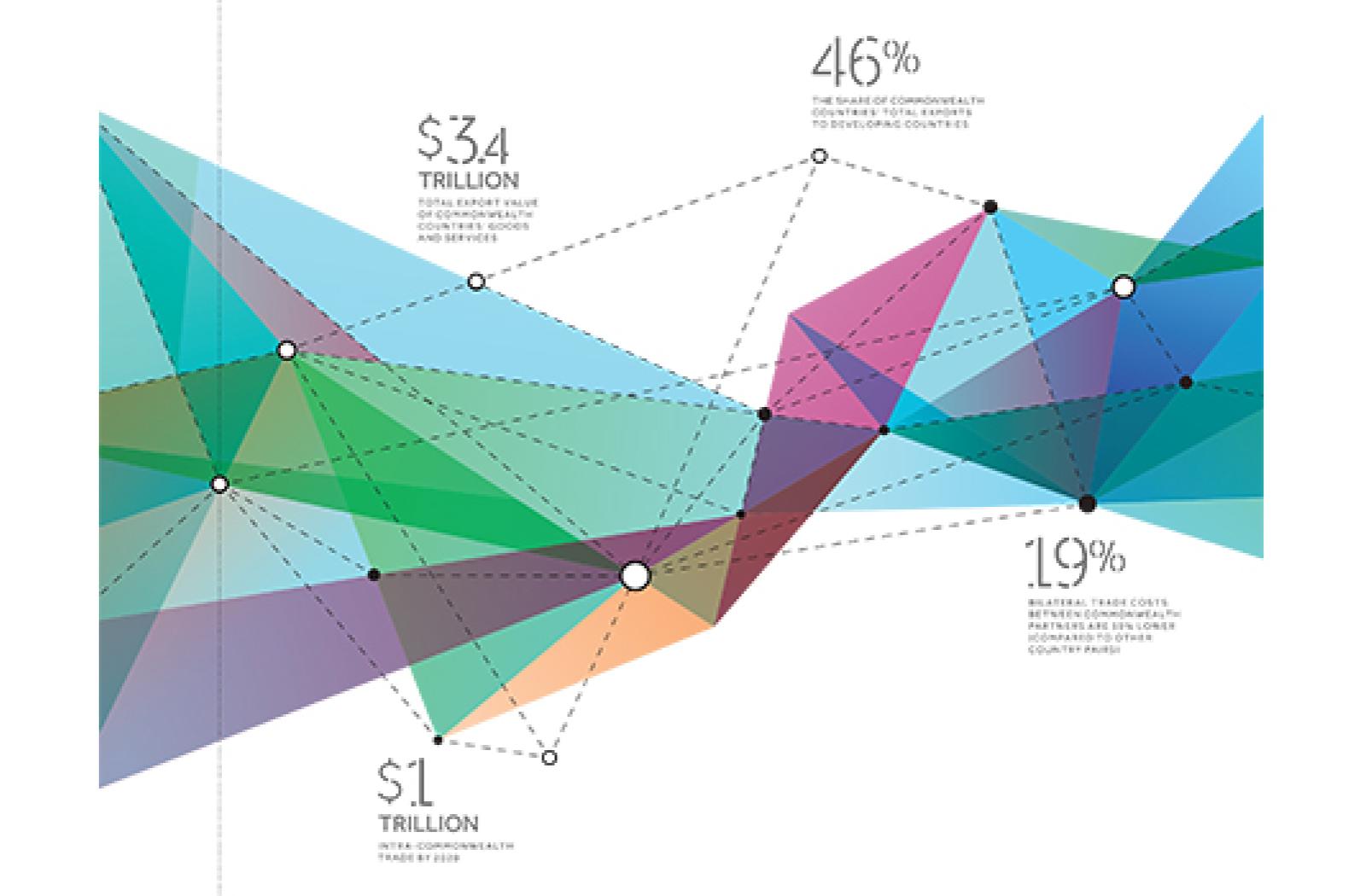The report to be released ahead of the Commonwealth Heads of Government Meeting in Malta, provides a detailed assessment of Commonwealth trading patterns and prospects.

Bilateral trade costs between Commonwealth countries are on average around a fifth lower than between other trading partners, according to a major report by the Commonwealth Secretariat.
The report, which will be released ahead of the Commonwealth Heads of Government Meeting in Malta, provides a detailed assessment of Commonwealth trading patterns and prospects.
“Our flagship report offers new and valuable perspectives on Commonwealth trade in a global context. We have demonstrated that a Commonwealth connection makes a difference from a trade perspective and we have also suggested policy measures that can help members exploit the huge potential to expand their trade,” said Kamalesh Sharma, Commonwealth Secretary-General.
Trade within the Commonwealth is already substantial and is predicted to surpass $1 trillion by 2020. When bilateral partners are both Commonwealth members, they tend to trade 20 per cent more, save around 19 per cent in costs and generate 10 per cent more foreign direct investment inflows. Evidence also suggests that hundreds of billions of dollars of intra-Commonwealth trade has yet to be exploited, particularly through trade with developing countries.
Although not a trading bloc, the Commonwealth’s favourable trading environment can be attributed to its unique nature: a diverse grouping of 53 countries with shared historical ties, predominant use of one language, similar legal and administrative systems and large, dynamic diaspora networks. The report, The Commonwealth in the Unfolding Global Trade Landscape, highlights the value of membership.
“The Commonwealth advantage is real, which is clearly demonstrated by the evidence in the report. At the same time, it reveals concerns for our small and vulnerable members who are not doing as well. Our members will be able to use this report to help identify the key drivers of Commonwealth trade and the key capacity-building requirements,” said Deodat Maharaj, Commonwealth Deputy Secretary-General.
For many Commonwealth members, particularly small and developing countries, effective participation in world trade continues to be one of the primary vehicles for driving economic growth and realising development objectives. The report examines trade-related challenges in implementing the Sustainable Development Goals adopted by the global community last September. International trade, a cross-cutting issue, is set to play an important role in their fulfilment.
The report sets out five priorities to enhance the trade performance of small and developing countries. They are building productive capacity, managing trade policy and negotiations, tackling implementation gaps, promoting private sector development and establishing a coherent global trade support architecture.
“Using international trade to transform productive capacity is particularly important. While trade preferences have played an important role in helping develop trade capacity, these mechanisms have been eroded. In the report, we recommend Commonwealth countries make the most of them before they disappear. This should be pursued together with trade promotion policies to attract investment and diversify exports,” said Mohammad Razzaque, Acting Director of the Commonwealth Secretariat’s Trade Division.
Thirty-six Commonwealth countries have seen slower economic growth overall since the global financial crisis of 2008. The report explores the relationship between the growth of trade and gross domestic product (GDP) across the Commonwealth to highlight challenges and prospects.
Small states, which make up 31 of the Commonwealth’s 53 members, have suffered a much weaker relationship between the growth of GDP and trade. Competitive disadvantages such as small domestic markets, remote locations that lead to higher trading costs and erosion of trade preferences have resulted in their declining share in global trade. Findings suggest that more effective use of resources, such as foreign direct investment and greater involvement of the private sector, is needed to help capacity-constrained countries improve their trade performance. Aid for trade remains important.
The Prime Minister of Malta, Joseph Muscat and Commonwealth Secretary-General, Kamalesh Sharma will launch the report on 26 November, a day ahead of the biennial Commonwealth Heads of Government Meeting taking place in Malta. They will also announce the launch of the Commonwealth Trade Financing Facility – a guarantee fund set up to give small and developing countries access to trade finance.
Image

|
Image

|
Image

|
| About the Commonwealth | CHOGM Image Library | Commonwealth summit |



